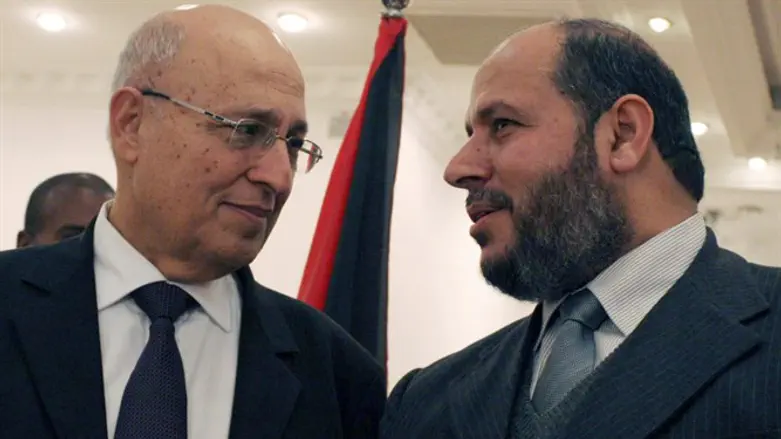
A senior Hamas official warned on Thursday that any change to the timetable for the upcoming Palestinian elections would deal a heavy blow to efforts to reconcile between Hamas and rival Fatah.
The head of the Hamas list for next month's vote, Khalil al-Hayya, told AFP that any postponement, however small, would undermine efforts to restore unity.
"A postponement would push the Palestinian people into the unknown, and I warn that this will complicate the situation, perpetuate and reinforce the division," Hayya said.
"This would cause great frustration among the population and young people, and could lead to serious reactions," added Hayya, who is the second most powerful Hamas leader in Gaza after political chief Yahya Sinwar.
PA chairman Mahmoud Abbas recently issued a decree ordering general elections in PA-assigned territories.
The decree states that legislative elections will take place on May 22. A “presidential” election will take place on July 31. It sets a deadline of August 31 for establishing the Palestinian National Council.
The PA has continuously demanded that Israel permit Arabs residing in eastern Jerusalem to vote in the elections. In this regard, PA officials have been working in the international arena in an attempt to get Israel to agree to this demand.
The PA has in the past used Israel’s refusal to permit Jerusalem Arabs to vote as an excuse not to hold elections at all.
On Wednesday, a senior PA official said he believes there is a “90% chance” that the elections will be postponed.
Hayya said Hamas does not seek to lead the next Palestinian government, but rather to participate in a unity administration.
"We want a government of national consensus," he told AFP. "If it carries a reasonable and acceptable political program, it can be a real opportunity to end the division, unify the institutions (and) end the (Israeli) blockade and Palestinian suffering.”
Hayya said that while he would love to see Hamas retain the 40 percent of the vote it won in 2006, he was realistic about the electoral costs of being a ruling party.
